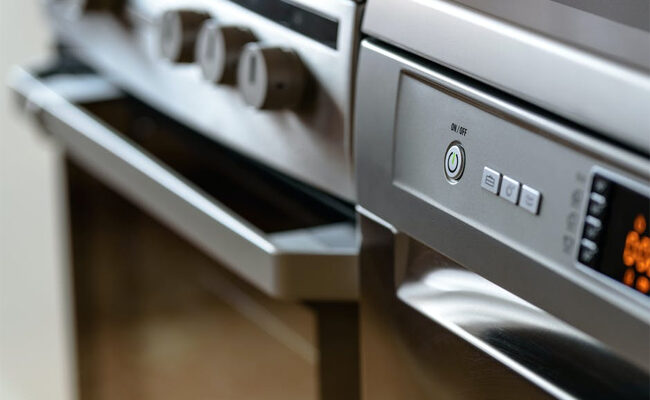
Is your home appliance not working as it should?
Before you buy a new fridge, you should first know when to repair or replace appliances. Major appliances include refrigerators, dishwashers, and washing machines.
We depend on these appliances in our everyday activities. When an appliance becomes faulty, it causes stress and disrupts our routines.
Once an appliance, we often need to decide fast about getting a repair or a replacement. Replacing a fixable appliance can be a waste. Meanwhile, repairing an old one can be inefficient, not to mention more costly.
Here are some factors to consider before deciding to repair or replace appliances:
The Appliance’s Age
All your home appliances have an average lifespan, but it can differ on how you maintain them. Even with proper appliance maintenance, your machine will still have a definite useful life. If it’s nearing the end of its life expectancy, you can consider replacing it.
Here are the average life expectancies of some major appliances:
- Gas ranges – 15 years
- Electric ranges – 13 years
- Refrigerators – 13 years
- Washing machines – 10
- Dishwashers – 9 to 10 years
- Dryers – 13 years
Suppose you’re unsure when to repair or replace appliances, follow the 50% rule. Check if your appliance is more than 50% through its lifespan. If the cost of a repair is more than 50% of the cost of buying a new one, then it’s better to replace than repair.
Is It Broken For Good?
When an appliance stops working, we tend to catastrophize and think it’s done for. Before you conclude your appliance is actually broken, check some things first.
An obvious first step is to see if the machine’s plugged in. Check if the circuit breakers haven’t tripped.
See if the flooring has become uneven too. Some kitchen appliances might not work properly because of this.
Examine vents and filters for dust and lint. If they’re clogged, it might be preventing the appliance from working.
If your appliance still doesn’t work, then you might want to have it checked. Try General Appliance Service’s technicians in this service area.
Is Your Faulty Appliance Still Under Warranty?
You might also want to check your owner’s manual to know if your faulty appliance is still covered by warranty. Most warranties for major appliances have a 1-year coverage for labor and parts.
Some warranties have extended coverage of parts for two years. If your appliance is still covered by warranty, schedule a service call. This can save you money on repairing appliances.
Does It Already Have a History of Repairs?
If your appliance has had multiple repairs in recent years, it’s better to replace it. The costs of repairs add up until it exceeds the price of replacement.
Know When to Repair or Replace Appliances
We depend on home appliances and expect them to work for years. When an appliance malfunctions, it can be stressful and even disruptive. Yet to save time and money, it’s important to know whether to repair or replace appliances.
Want to know some tips on maintaining home appliances? Check out our other guides with more useful tips and information.
Leave a Reply